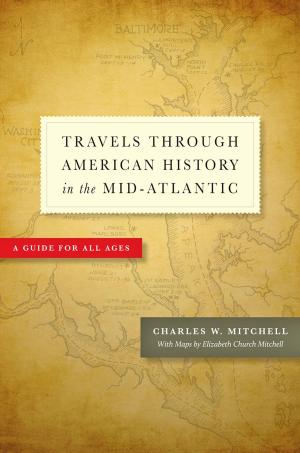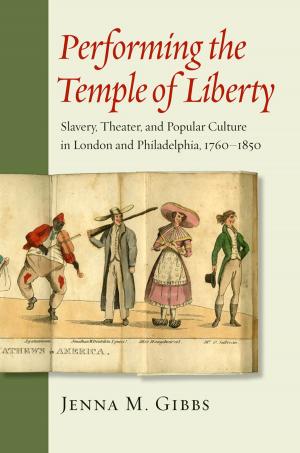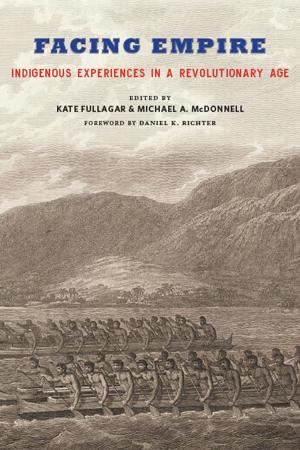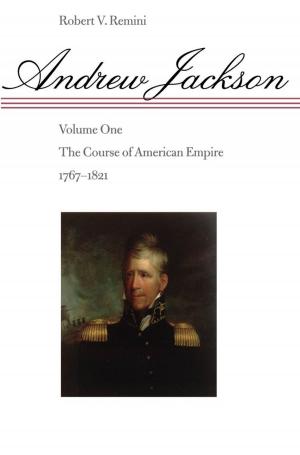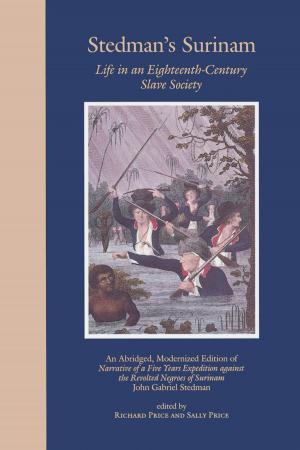Ex Oriente Lex
Near Eastern Influences on Ancient Greek and Roman Law
Nonfiction, History, Ancient History, Greece| Author: | Raymond Westbrook | ISBN: | 9781421414683 |
| Publisher: | Johns Hopkins University Press | Publication: | February 25, 2015 |
| Imprint: | Language: | English |
| Author: | Raymond Westbrook |
| ISBN: | 9781421414683 |
| Publisher: | Johns Hopkins University Press |
| Publication: | February 25, 2015 |
| Imprint: | |
| Language: | English |
Throughout the twelve essays that appear in Ex Oriente Lex, Raymond Westbrook convincingly argues that the influence of Mesopotamian legal traditions and thought did not stop at the shores of the Mediterranean, but rather had a profound impact on the early laws and legal developments of Greece and Rome as well. He presents readers with tantalizing fragments of early Greek or archaic Roman law which, when placed in the context of the broader Near Eastern tradition, suddenly acquire unexpected new meanings.
Before his untimely death in July 2009, Westbrook was regarded as one of the world’s leading authorities on ancient legal history. Although his main field was ancient Near Eastern law, he also made important contributions to the study of early Greek and Roman law. In his examination of the relationship between ancient Near Eastern and pre-classical Greek and Roman law, Westbrook sought to demonstrate that the connection between the two legal spheres was not merely theoretical but also concrete. The Near Eastern legal heritage had practical consequences that help us understand puzzling individual cases in the Greek and Roman traditions. His essays provide rich material for further reflection and interdisciplinary discussion about compelling similarities between legal cultures and the continuity of legal traditions over several millennia.
Aimed at classicists and ancient historians, as well as biblicists, Egyptologists, Assyriologists, and legal historians, this volume gathers many of Westbrook’s most important essays on the legal aspects of Near Eastern cultural influences on the Greco-Roman world, including one new, never-before-published piece. A preface by editors Deborah Lyons and Kurt Raaflaub details the importance of Westbrook’s work for the field of classics, while Sophie Démare-Lafont’s incisive introduction places Westbrook’s ideas within the wider context of ancient law.
Throughout the twelve essays that appear in Ex Oriente Lex, Raymond Westbrook convincingly argues that the influence of Mesopotamian legal traditions and thought did not stop at the shores of the Mediterranean, but rather had a profound impact on the early laws and legal developments of Greece and Rome as well. He presents readers with tantalizing fragments of early Greek or archaic Roman law which, when placed in the context of the broader Near Eastern tradition, suddenly acquire unexpected new meanings.
Before his untimely death in July 2009, Westbrook was regarded as one of the world’s leading authorities on ancient legal history. Although his main field was ancient Near Eastern law, he also made important contributions to the study of early Greek and Roman law. In his examination of the relationship between ancient Near Eastern and pre-classical Greek and Roman law, Westbrook sought to demonstrate that the connection between the two legal spheres was not merely theoretical but also concrete. The Near Eastern legal heritage had practical consequences that help us understand puzzling individual cases in the Greek and Roman traditions. His essays provide rich material for further reflection and interdisciplinary discussion about compelling similarities between legal cultures and the continuity of legal traditions over several millennia.
Aimed at classicists and ancient historians, as well as biblicists, Egyptologists, Assyriologists, and legal historians, this volume gathers many of Westbrook’s most important essays on the legal aspects of Near Eastern cultural influences on the Greco-Roman world, including one new, never-before-published piece. A preface by editors Deborah Lyons and Kurt Raaflaub details the importance of Westbrook’s work for the field of classics, while Sophie Démare-Lafont’s incisive introduction places Westbrook’s ideas within the wider context of ancient law.


